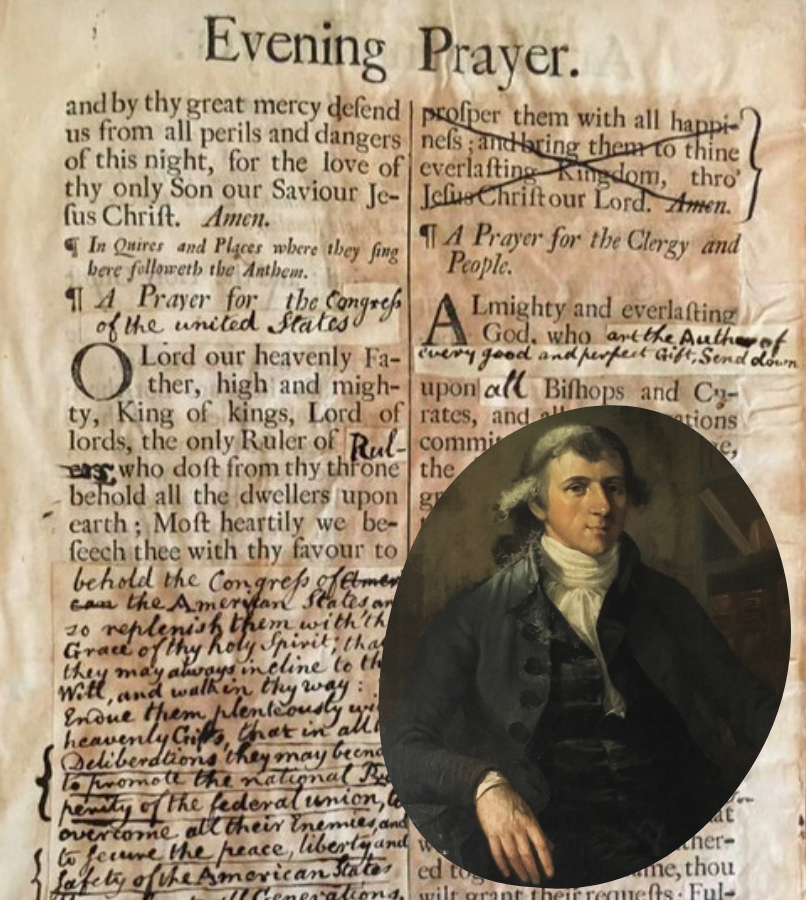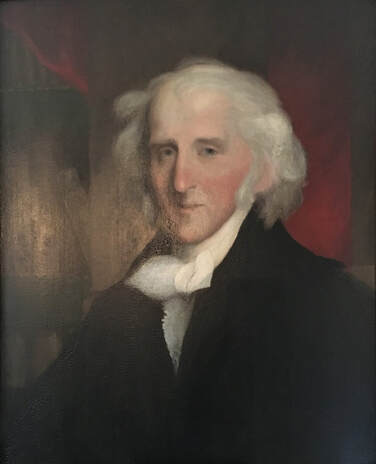KING'S CHAPEL
Stop 6: Religious History of King’s Chapel
From New England’s first Anglican Church to America’s first Unitarian Christian church, King’s Chapel has held a unique position in Boston’s religious landscape since the church’s founding in 1686.
From New England’s first Anglican Church to America’s first Unitarian Christian church, King’s Chapel has held a unique position in Boston’s religious landscape since the church’s founding in 1686.
|
First Church of England in Boston
King’s Chapel was established in the 1680s as the first Anglican Church (or Church of England) in the region that was otherwise dominated by the Puritan colonists, a group of religious reformers that sought to “purify” the Church of England. By the end of the 17th century, Boston’s Puritan stronghold eased as the city grew as a major colonial port city in the trans-Atlantic trade. Anglicanism also expanded in the region, with the establishment of two other Anglican congregations in Boston by the 1750s - Trinity Church (now located in the Back Bay) and Christ Church (now known as Old North Church).
Along with other Protestant denominations that arose from the Protestant Reformation in Europe between the 16th and early 17th centuries, the Church of England utilized the written word within its practices and traditions, creating a centralized, unified liturgy in a specific prayerbook to govern all Anglican worship. This Book of Common Prayer would later play a crucial role in King’s Chapel’s religious revolution in the 1780s. |
|
The First Unitarian Church in the United States
During the American Revolution, Anglican ministers throughout the American colonies were put in compromising positions as representatives of a faith so deeply interwoven with British royal authority. Many Anglican ministers left the colonies during the war, leaving their congregations without formal spiritual leadership. At King’s Chapel, the 1776 departure of the Reverend Henry Caner within the first year of the war paved the way for a revolution of their own: King’s Chapel’s transformation into the first Unitarian congregation in the United States under the leadership of a young, unordained man: James Freeman.
One of the most significant changes Freeman made in the 1780s was revising the congregation’s Anglican Book of Common Prayer in collaboration with other King’s Chapel members in church leadership. Significant edits included removing references related to the British Monarchy and the Trinity. |
Historic Minister Spotlight: Reverend James Freeman (1759-1835)
|
When James Freeman came to King’s Chapel in 1782 as the new lay reader, he began to share his own theological ideas with the congregation. While previously studying atHarvard College, Freeman read the same Enlightenment philosophers that inspired American Revolutionary thought, such as John Locke, who believed people were born as blank slates, neither good nor evil. Perhaps the largest influences on Freeman’s theological thought were Theophilus Lindsey and Samuel Clarke, two Anglican ministers who developed anti-trinitarian prayer books in 18th-century England.
As time went on, Freeman grew less comfortable with the Anglican liturgy at Kings Chapel in his position as lay reader, and his personal views were at odds with the doctrine of King’s Chapel. After preaching about his reformed theology for a few years, Freeman met with the leaders of the church to discuss making changes in the spring of 1785. Later that year, the congregation adopted Freeman’s revisions to the Anglican Prayerbook. In 1787, James Freeman would undergo a lay ordination - essentially a vote by the congregation - to elect him as the first Unitarian minister of King’s Chapel...and the first within the United States. King’s Chapel’s theological revolution in the 1780s paved the path for the growth and expansion of Unitarianism as a Protestant, Christian church in America throughout the 19th century. The American Revolution and King’s Chapel’s theological revolution under Freeman’s leadership go hand in hand, and their influence can still be experienced at King’s Chapel today. |
Next: Look at the large window located just above the front door. Can you guess what is in this room? Hint: it’s directly below the belfry, or bell tower.
www.kings-chapel.org | 58 Tremont St. Boston, MA 02108 | 617-227-2155


